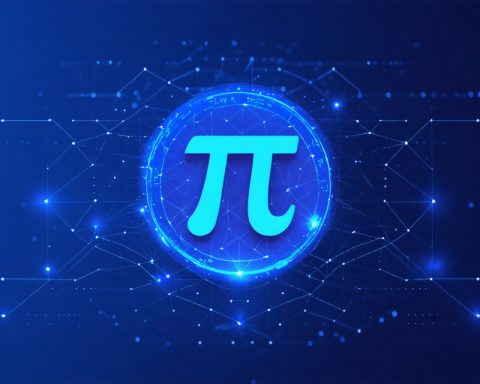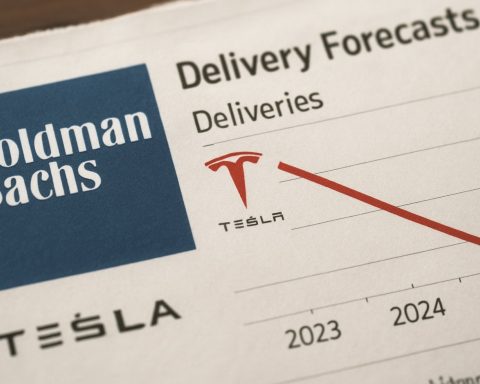Blockchain - Page 20
Blockchain is a distributed digital ledger technology that records transactions across multiple computers in a way that ensures the recorded data is secure, transparent, and immutable. Each transaction is grouped into a block, and these blocks are linked together in chronological order to form a chain, hence the name "blockchain."The key features of blockchain include decentralization, as it does not require a central authority or intermediary, and consensus mechanisms, which are protocols that ensure all participants in the network agree on the validity of transactions. This technology is widely known for its application in cryptocurrencies, like Bitcoin, but it has potential uses across various industries, including supply chain management, healthcare, finance, and more.The inherent properties of blockchain, such as transparency and security, make it a revolutionary technology for enhancing trust and accountability in digital transactions.

















